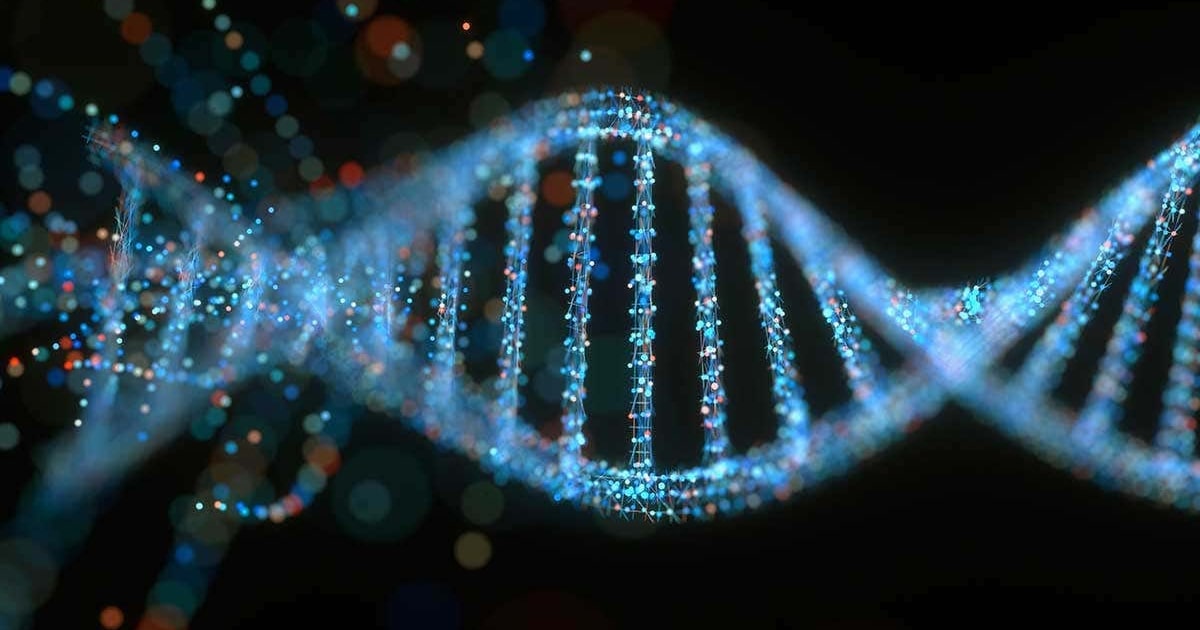
Expert Reviewed By: Dr. Brandon Colby MD
Imagine a world where a single genetic test could help unravel the mysteries of a rare condition affecting the skin, hair, teeth, and sweat glands. For individuals and families dealing with Ectodermal Dysplasia 11A, hypohidrotic/hair/tooth type, autosomal dominant, this is not just a dream but a growing reality, thanks to advances in genetic testing.
Understanding Ectodermal Dysplasia 11A
Ectodermal Dysplasia 11A (ED 11A) is a rare genetic disorder characterized by abnormalities in the development of ectodermal tissues, which include the skin, hair, teeth, and sweat glands. This condition is caused by mutations in the EDARADD gene, which plays a crucial role in the development of these tissues. The disorder is autosomal dominant, meaning a single copy of the altered gene in each cell is sufficient to cause the disorder.
The symptoms of ED 11A can vary significantly among affected individuals, even within the same family. Common features include sparse hair, missing teeth, and an inability to sweat, which can lead to overheating. These symptoms can significantly impact the quality of life and require careful management.
The Role of Genetic Testing
Genetic testing has emerged as a powerful tool in diagnosing and managing rare genetic disorders like ED 11A. It involves analyzing an individual's DNA to identify genetic mutations that may be responsible for the condition.
Early Diagnosis and Intervention
One of the primary benefits of genetic testing for ED 11A is early diagnosis. Identifying the specific mutation in the EDARADD gene can confirm the diagnosis, allowing for earlier intervention and management. Early diagnosis is crucial, especially for children, as it can help prevent complications and improve outcomes.
Personalized Treatment Plans
Genetic testing can also guide personalized treatment plans. By understanding the specific genetic mutation, healthcare providers can tailor interventions to address the unique needs of each patient. This may include dental care to address missing teeth, strategies to manage overheating, and other supportive therapies.
Family Planning and Genetic Counseling
For families affected by ED 11A, genetic testing can provide valuable information for family planning. It can help determine the risk of passing the condition to future generations. Genetic counseling can support families in understanding these risks and making informed decisions.
Research and Advancements
Furthermore, genetic testing contributes to research and advancements in understanding ED 11A. Identifying novel mutations and understanding their impact on the condition can lead to the development of new treatments and therapies. The study linked here highlights a novel splicing variant in the EDARADD gene, showcasing the clinical variability and unique symptoms in affected family members. Such research is vital for improving the lives of those with ED 11A.
Conclusion
In conclusion, genetic testing plays an indispensable role in the diagnosis and management of Ectodermal Dysplasia 11A. It offers a pathway to early diagnosis, personalized treatment, and informed family planning. As research continues to uncover new insights into the genetic basis of this condition, the potential for improved treatments and outcomes grows. For families navigating the challenges of ED 11A, genetic testing provides a beacon of hope and a tool for a better quality of life.
About The Expert Reviewer
Dr. Brandon Colby MD is a US physician specializing in the personalized prevention of disease through the use of genomic technologies. He’s an expert in genetic testing, genetic analysis, and precision medicine. Dr. Colby is also the Founder of and the author of Outsmart Your Genes.
Dr. Colby holds an MD from the Mount Sinai School of Medicine, an MBA from Stanford University’s Graduate School of Business, and a degree in Genetics with Honors from the University of Michigan. He is an Affiliate Specialist of the American College of Medical Genetics and Genomics (ACMG), an Associate of the American College of Preventive Medicine (ACPM), and a member of the National Society of Genetic Counselors (NSGC)